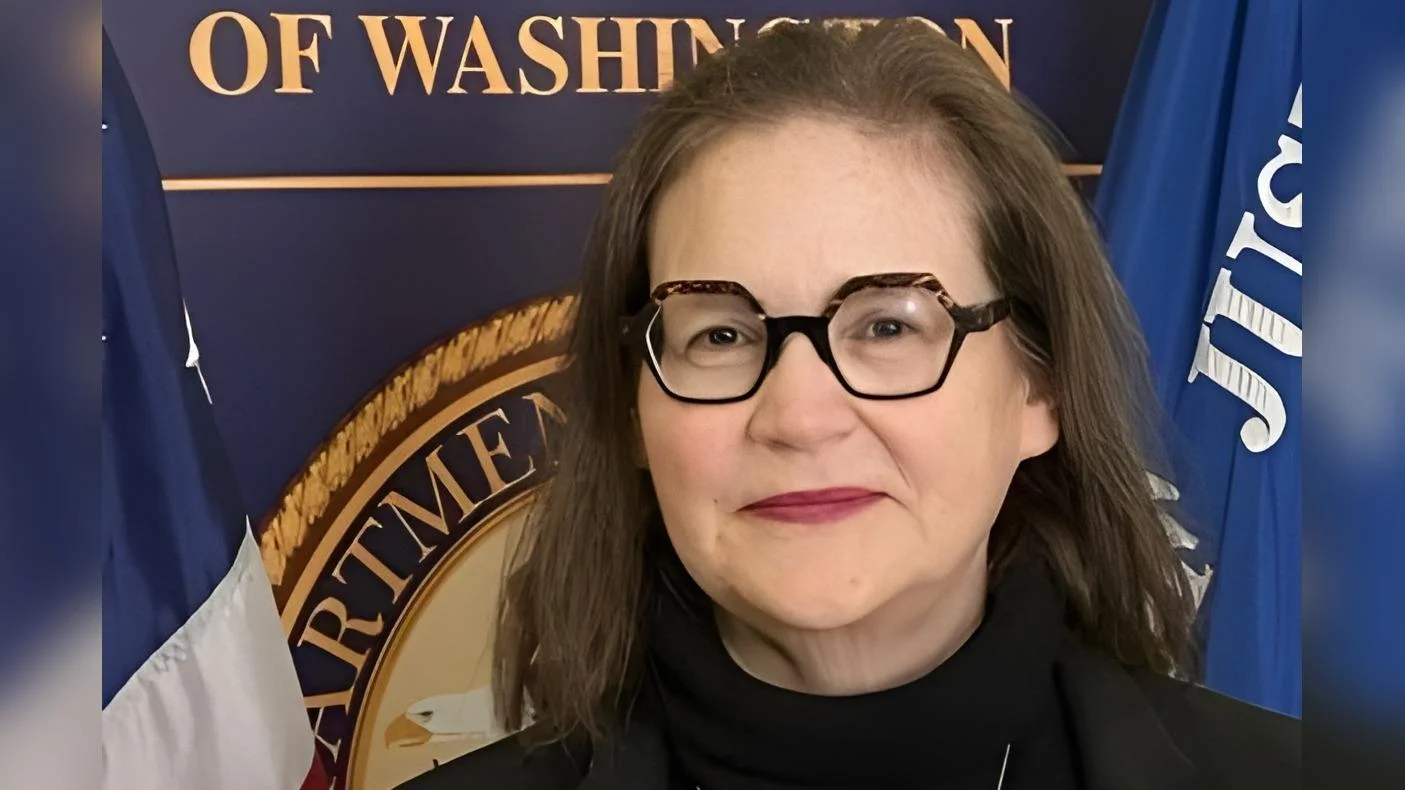Two residents of East Pierce County, Washington, have pleaded guilty in U.S. District Court in Tacoma to charges related to distributing fentanyl pills through a dark web marketplace. Trevor Stephen Haahr, 34, from Puyallup, and Kaeli Arielle Albert, 35, from Orting, entered their pleas before U.S. District Judge Tiffany M. Cartwright and now face up to 40 years in prison when they are sentenced on December 18, 2025.
Acting U.S. Attorney Teal Luthy Miller announced the guilty pleas and outlined the investigation that led to the arrests. Law enforcement began looking into sales of fentanyl pills on a dark web marketplace in early 2023. After purchasing some pills advertised as M30 oxycodone tablets for testing, authorities determined that the pills contained fentanyl.
Investigators identified Trevor Stephen Haahr as the operator behind the dark web marketplace using various investigative techniques. In February 2024, Haahr mailed a package within Pierce County containing more than 10,000 fentanyl pills; law enforcement intercepted and searched this package. Surveillance efforts also observed multiple meetings between Haahr and Albert where cash and drugs were exchanged.
On March 11, 2024, law enforcement executed search warrants at several locations including Haahr’s residence, office, storage locker, vehicle, and Albert’s home. At Haahr’s office he was found logged into his vendor profile on the dark web marketplace. Investigators discovered drug proceeds, fentanyl pills and shipping supplies in his truck and storage locker. At Albert's home authorities seized over $23,000 believed to be drug proceeds along with body armor.
Both defendants admitted through their plea agreements that they distributed more than 100,000 fentanyl-laced pills.
Law enforcement also confiscated bitcoin valued at approximately $50,000 which had been received by Haahr as payment for drugs; he has agreed to forfeit these assets as part of his plea agreement.
Prosecutors will recommend sentences at the lower end of federal guidelines calculated by the court but note that conspiracy to distribute controlled substances at this scale is punishable by up to forty years imprisonment while possession with intent to distribute carries a penalty of up to twenty years imprisonment. “Judge Cartwright is not bound by the recommendations and can impose any sentence allowed by law,” according to prosecutors.
Haahr pleaded guilty both to conspiracy charges and possession with intent to distribute controlled substances; Albert pleaded guilty solely to conspiracy charges.
The case was investigated by the U.S. Postal Inspection Service (USPIS), FBI and Homeland Security Investigations (HSI). Assistant United States Attorneys Brian Wynne and Casey Conzatti are prosecuting the case.





